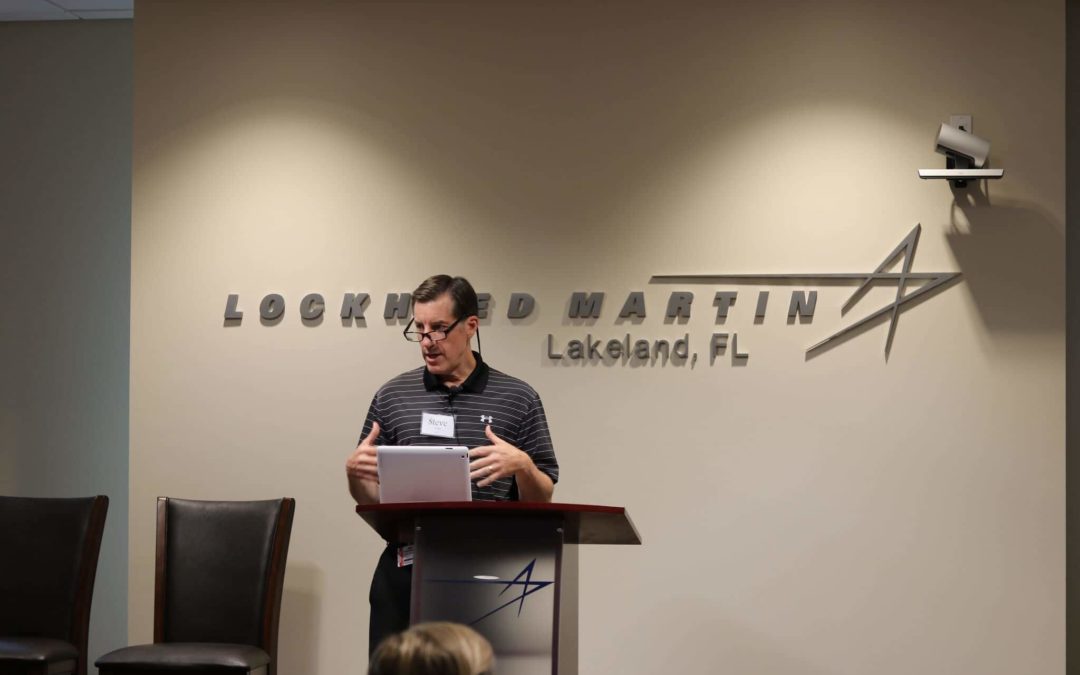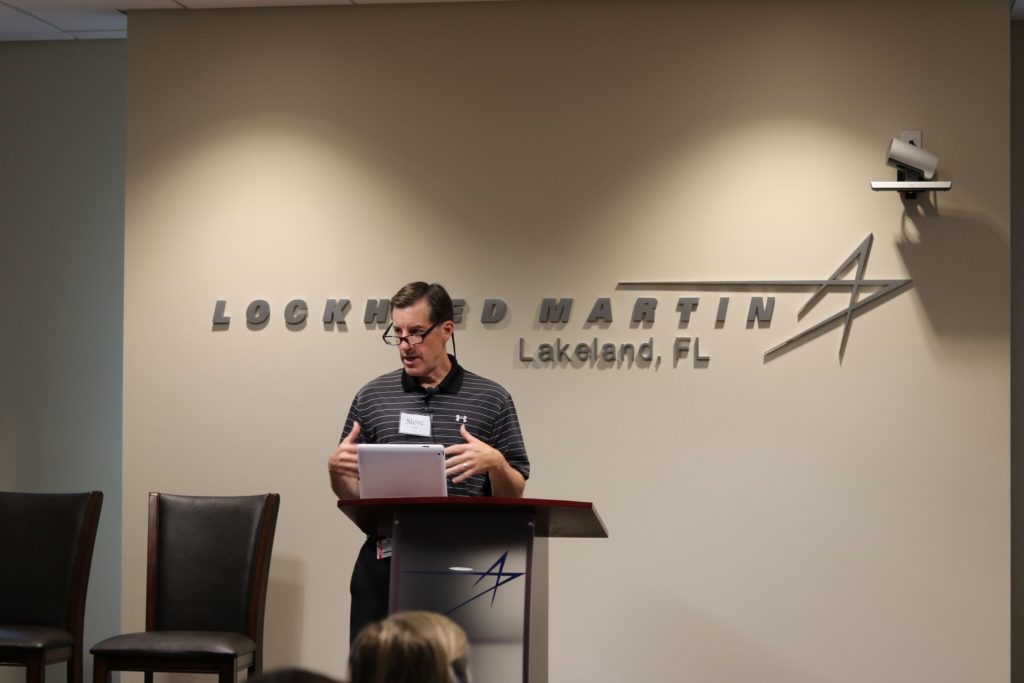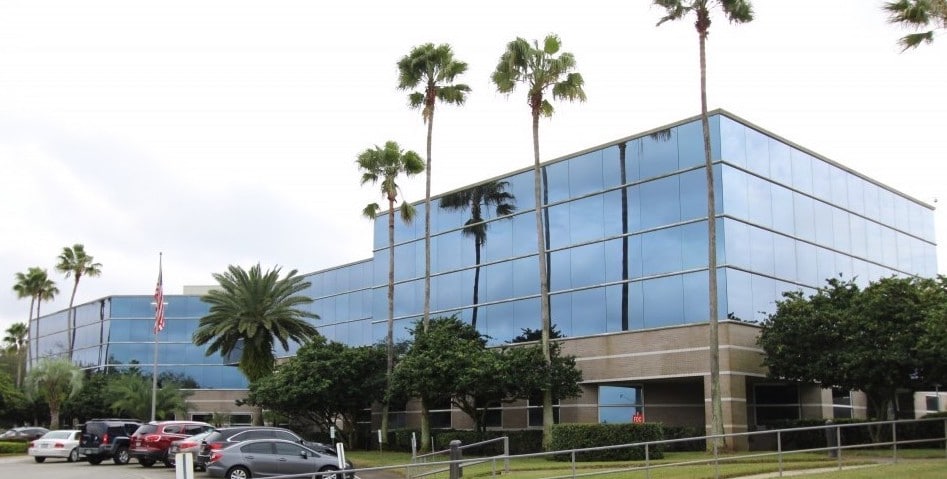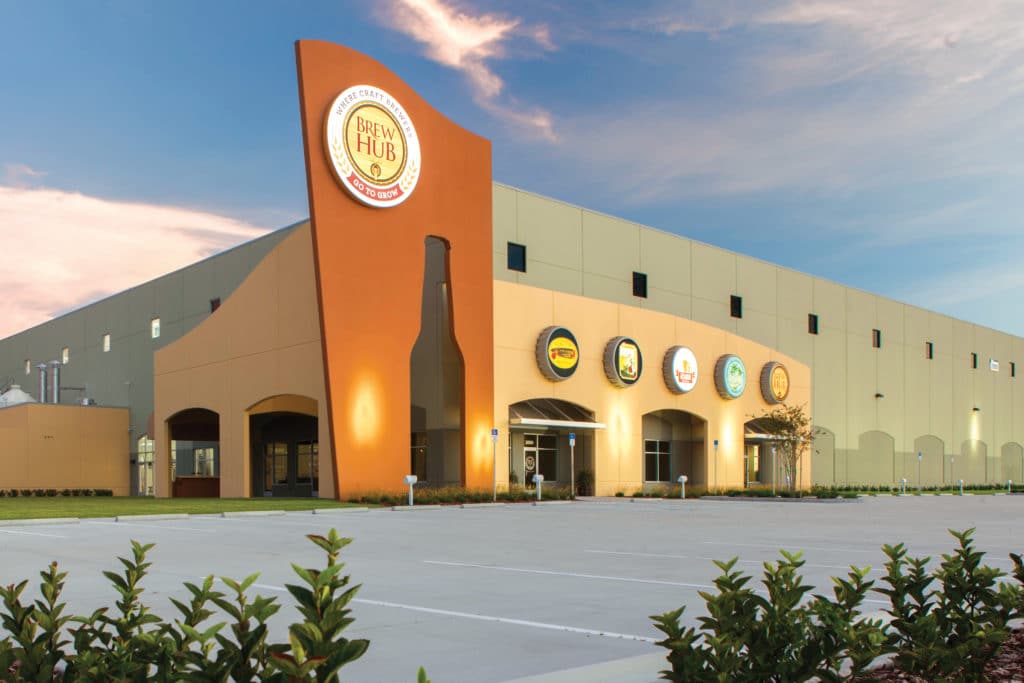By: Steve Scruggs
January 4, 2018
We believe the City of Lakeland should increase its investment in creating high-skill, high-wage jobs in our community in 2018. Intuitively, high-skill, high-wage jobs can be defined as jobs that are highly skilled (engineering, manufacturing, technological, etc.) and pay higher than average wages ($40,000+ in Polk County). An increase in high-skill, high-wage jobs in any community boosts the tax base and the overall quality of life.
Announced relocations and expansions over the past 10 years have resulted in 7,000+ new jobs in Lakeland. Thousands of additional jobs have been created during that period through natural growth at existing industries. However, of the 7,000 announced jobs, 1,500, or 20%, have been high-skill, high-wage. 150 new high-skill, high-wage jobs per year is not acceptable when our five colleges and universities alone are graduating thousands of students each year.
As we stated in a previous blog, we believe we need to have an ongoing community conversation about issues like incentives. These conversations don’t just need to be between the LEDC and City Hall. Let’s start the new year by having a conversation here and now, publicly, and transparently.
In this blog, we will review Lakeland’s track record as it relates to incentives and build a case for why we believe increasing our offerings to high-skill, high-wage employers is critical in the success of our city. There are generally two types of incentives offered to companies: those offered by the State of Florida and local incentives offered by the City of Lakeland or Polk County.
State Incentives
There are five frequently-used incentives Florida has awarded to Lakeland companies. The following is a list of those incentives and the number of projects, dollar amounts awarded, and number of jobs created by percentage. To review a detailed list of these companies and explanations regarding how each incentive works, please click on the highlighted links below.
Qualified Targeted Industry – 16 projects
- 2,178 jobs created (93%)
- State Tax Exemption – $7,135,600
- County Tax Exemption – $803,200
- City Tax Exemption – $803,200
Quick Response Training – 25 projects
- 4,162 jobs created (89%)
- $4,310,816 training dollars awarded
ED Transportation Fund – 11 projects
- 5,500 jobs created (100%)
- $17,000,000 awarded
Urban Job Tax Credit – 9 projects
- 992 jobs created (100%)
- $496,000 awarded
Incumbent Worker Training – 5 projects
- 723 jobs created (100%)
- $122,859 awarded
As you can see, only a handful of companies over the years have not reached their job creation target goals. That doesn’t mean they didn’t create jobs; they simply didn’t hit their target in the time frame required. This includes local, long-time successful companies like Pepperidge Farm, Colorado Boxed Beef, and Wes Garde.
Local Incentives
The City of Lakeland and Polk County have consistently awarded four incentives to Lakeland companies. The following is a list of these incentives along with the number of projects, dollar amounts awarded, and number of jobs created by percentage. To review a detailed list of these companies please click on the highlighted links below.
Polk County/City of Lakeland Bonus Incentive – 7 projects
- 1,871 jobs created (100%)
- $471,600 City Investment
- $471,600 County Investment
Polk County Ad Valorem Tax Exemption – 11 projects
- 1,063 jobs created (91%)
- $8,795,287 exemption
Lakeland Impact Fee Mitigation – 15 projects
- 7 Speculative Buildings (85% leased)
- 8 Companies
- 2,500 jobs created (100%)
Lakeland Electric ED Rider – 1 project
- 110 jobs created (100%)
- $112,156 awarded
Misconceptions
Incentives, like transportation, education, public services, etc. are a critical component of a city’s budget. Incentives are not inherently good or bad, right or wrong. They are economic development tools that can create tangible benefits for the community. Furthermore, if companies do not create all the projected jobs, invest significant capital, or pay high salaries, they will not receive the incentive benefit.
No local incentives were paid to companies for jobs they did not create. The only company that did not reach its goal was Pepperidge Farm, and Pepperidge did not receive a tax exemption for that particular project. Tax exemptions are not given up front, but only after the jobs are created. If they are not created, the exemption is not given.
Companies choose to relocate or expand based on available workforce, buildings, land, utilities, and other resources, but the cost of doing business is just as important. Incentives have become an integral part of the site selection process. Therefore, Lakeland needs new tools to compete for competitive high-skill, high-wage jobs, jobs that pay a living wage. In this aspect, we are falling behind our competition.
The Competition
The City of Lakeland does not offer tax exemptions, but many central Florida cities do. The list of those that do includes Tampa, Orlando, Clearwater, Melbourne, Casselberry, Leesburg, Longwood, and Oviedo.
Most communities also offer assistance with infrastructure improvements and waive development fees. Lakeland currently has no formal program to offer this type of assistance to create jobs in our community.
As you’ll note in the data below, Lakeland is lagging behind its competitors when it comes to offering incentives.
- Lakeland has approved approximately $5 million in local incentives over the past 10 years in the form of QTI, Polk County Bonus Incentive Match, Impact Fee Mitigation, and our new Lakeland Electric Rider.
- Polk County has approved approximately $10 million in local incentives over the past 10 years in the form of QTI, Polk County Bonus Incentive Match and Impact Fee Waivers.
- Jacksonville approved $25 million in local incentives in the past year on 3 projects.
Proposed Incentives
Based on our track record with successful incentives to date, coupled with the need for new tools to compete with Tampa, Orlando, Jacksonville, and beyond, the LEDC recommends that the City of Lakeland implement two new local incentives that will assist us in attracting and creating high-skill, high-wage jobs in our community and boosting our economy.
- The Recapture Enhanced Value Grant is designed to bring capital investment and redevelopment into a nonresidential project site. Utilizing a “base year” assessed property value (from the Property Appraiser’s database) for the project, a certain percentage of the city’s portion of the incremental increase in ad valorem taxes on real and/or tangible personal property paid by the project above the base year amount is available as a REV grant to incent the project (the “increment”).
Only projects that meet certain requirements may qualify for this grant. Click here to see our proposal.
- The High Impact Grant is primarily designed to fund infrastructure improvements including but not limited to road construction, water and wastewater lines, sidewalks, and relocation of utilities. It also can be used to waive application, permitting and impact fees.
Only projects that meet certain requirements may qualify for this grant. Click here to see our proposal.
REV grants won’t be paid until the company creates the jobs. The High Impact Grants will, in part, provide infrastructure that will not only benefit the company receiving the grant, but our community as a whole, with road or utility improvements.
How to Get Involved in the Conversation
Lakeland’s current number of high-skill, high-wage jobs doesn’t correlate with its potential. These new incentives, if approved, will not be a silver bullet to fix this problem. They will, however, help level the incentives playing field as we compete for high-skill, high-wage jobs.
The LEDC will be presenting our proposal and findings on incentives to the Lakeland City Commission Tuesday morning, January 16th on the third floor of City Hall, Commission Chamber at 9:00 am. We would encourage you to attend this meeting to hear, comment, or ask questions about our proposal.
If you can’t make the City Commission meeting, watch it online here or call me at my office between now and January 16th at 863-687-3788. I would be happy to answer questions you might have or just listen to your comments or concerns.



